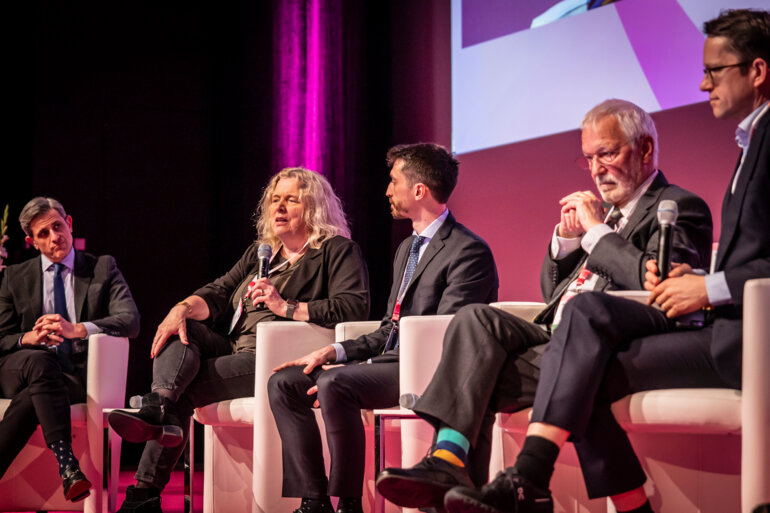
What is the clinical value of genomic profiling in rare cancers?
Early studies investigated the potential of genomic profiling, but prospective and comprehensive data are required to support wider implementation

Early studies investigated the potential of genomic profiling, but prospective and comprehensive data are required to support wider implementation

Presented studies explore different approaches to predict cancer cachexia and inform on the intra-tumour heterogeneity to personalise treatment

Results from two studies suggest that withholding chemotherapy for some patients may not impact efficacy, but an understanding of clinical and biological features is paramount

Newly released recommendations address key areas to facilitate the integration of precision oncology in clinical practice

Findings from complex statistical modelling can form the basis for easy-to-use precision diagnostic and risk-stratification tools to help inform management decisions

Whole-genome sequencing and single-cell sequencing can provide valuable insights not only in the identification of new therapy targets, but also to assess minimal residual disease and overcome treatment resistance

Among the presented findings, a potential role for ESR1 gene fusions was observed

Advances in spatial transcriptomics could provide novel opportunities for early detection, metastasis prediction and identification of actionable targets

While there has been significant progress in the development of these blood tests, hurdles remain including test sensitivity and false positives

According to Prof. Serena Nik-Zainal, 2024 ESMO Translational Research Awardee it is important to change the mindset of the cancer community to embrace all the information available through genome research
This site uses cookies. Some of these cookies are essential, while others help us improve your experience by providing insights into how the site is being used.
For more detailed information on the cookies we use, please check our Privacy Policy.
Necessary cookies enable core functionality. The website cannot function properly without these cookies, and you can only disable them by changing your browser preferences.